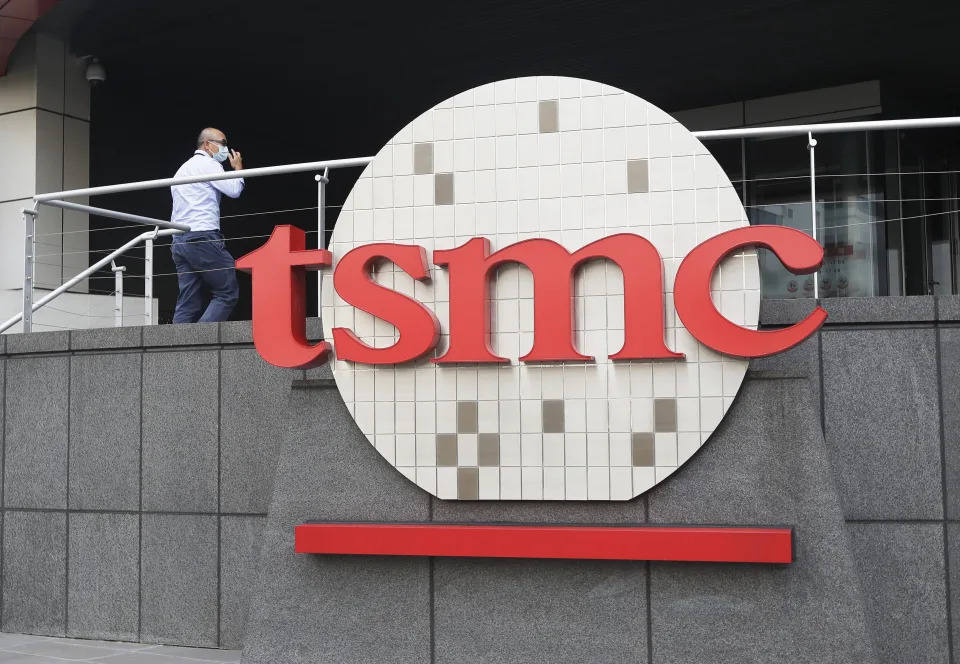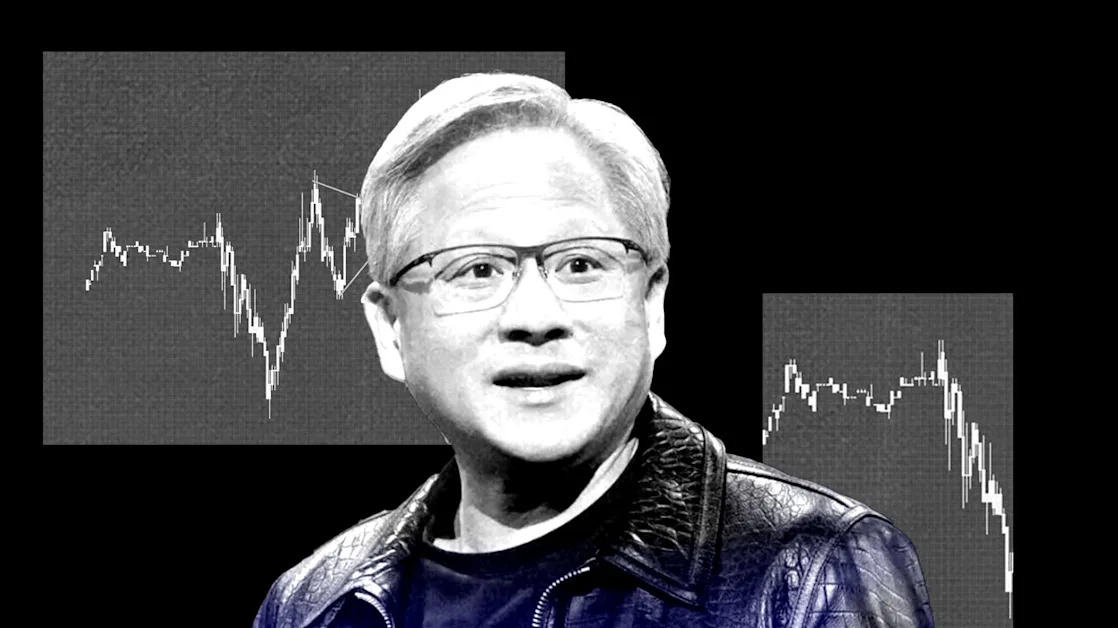President-elect Donald Trump made raising tariffs on imported goods a tenet of his reelection campaign. And while that could raise prices on everything from jeans to children’s toys for everyday Americans, Trump has also floated the idea of another tariff that could impact Wall Street’s current favorite trade: AI.
During an appearance on Joe Rogan’s podcast ahead of the election, Trump lambasted the idea of the CHIPS Act, a bipartisan piece of legislation Biden signed in 2022 designed to bring semiconductor manufacturing back to the US. He called it “so bad.”
Instead of using legislation and billions in subsidies to bring chip-building facilities to the US, Trump said tariffs would have the same effect. In Trump’s estimation, putting tariffs on semiconductors from Taiwan would force chip builders, like TSMC, to construct chip manufacturing plants, or fabs, in the US to avoid having to pay the added tax.
But there’s no guarantee chip builders wouldn’t simply move the added cost down the line to their customers and forego spending cash on expensive US facilities.
Such a move could also end up cutting into profit margins for companies like Nvidia ( NVDA ) and AMD ( AMD ), which rely on chips built in Taiwan, unless they similarly pass those costs down to their own customers. And that could have ripple effects across the tech industry.
“If the argument is that this is the way to force it to move here, TSMC is already moving here,” explained William Reinsch, a senior adviser with the Center for Strategic and International Studies. “They're already building a fab plant in Arizona. That's all already underway and the tariffs aren't going to make that move any faster. If anything, they might complicate the effort.”
Chip tariffs are on the table, but not a certainty
Trump has continuously pushed the idea of tariffs as a means of targeting the US trade deficit and bringing manufacturing jobs back to America. He’s already said he wants to see a 10% to 20% tax on all imported products and a 60% tax on Chinese goods.

During his interview with Rogan, Trump said that instead of moving forward with the CHIPS Act, he would have put tariffs on chips coming out of Taiwan, though he didn’t say how much.
The US has made reshoring chip manufacturing a major national security objective after the pandemic exposed the fragility of the global chip supply chain—and America’s reliance on other countries for advanced semiconductors.
According to a 2023 US International Trade Commission working paper , 44% of US imports of logic chips — central processing units (CPUs), graphics processing units (GPUs), etc. — came from Taiwan as of 2021. In the event of a “major manufacturing disruption,” the working paper estimated that the price of logic chips would jump as much as 59%, and US capacity would only be able to fill a portion of the gap left by the lack of Taiwanese imports.
The CHIPS Act is supposed to increase chip manufacturing in the US and some companies are already moving to construct new facilities in the country with the promise of funding coming down the pike.
Experts, meanwhile, are torn on whether the president-elect will move forward on such an import tax.
Futurum Group CEO Dan Newman said that Trump’s threats were likely nothing more than political posturing for election season rather than a flat-out promise that he would definitely move ahead with tariffs.
“Trump is unlikely to move forward with anything that hurts the economy because that’s what he wants to be known for,” Newman told Yahoo Finance.
But others, like Columbia Business School associate professor Lori Yue, say there’s a high probability that Trump will move forward with chip tariffs.
If Trump does hit Taiwan-built chips with tariffs, Yue said, it will mean higher prices for Nvidia and other chip companies that get their chips from the country. But, she added, the increase in chip sales that could come as a result of deregulation related to AI under a second Trump administration might help offset those price increases.
Newman, for his part, said that tariffs on chips out of Taiwan could eventually force chip designers to lean on Intel’s ( INTC ) facilities in the US at a time when that company is seeking third-party chip customers.
For now, the chip industry, and those companies that rely on it, will have to wait and see what Trump decides to do when he takes office in January. Until then, anything is on the table.
@DanielHowley .
For the latest earnings reports and analysis, earnings whispers and expectations, and company earnings news, click here
Read the latest financial and business news from Yahoo Fin ance.





